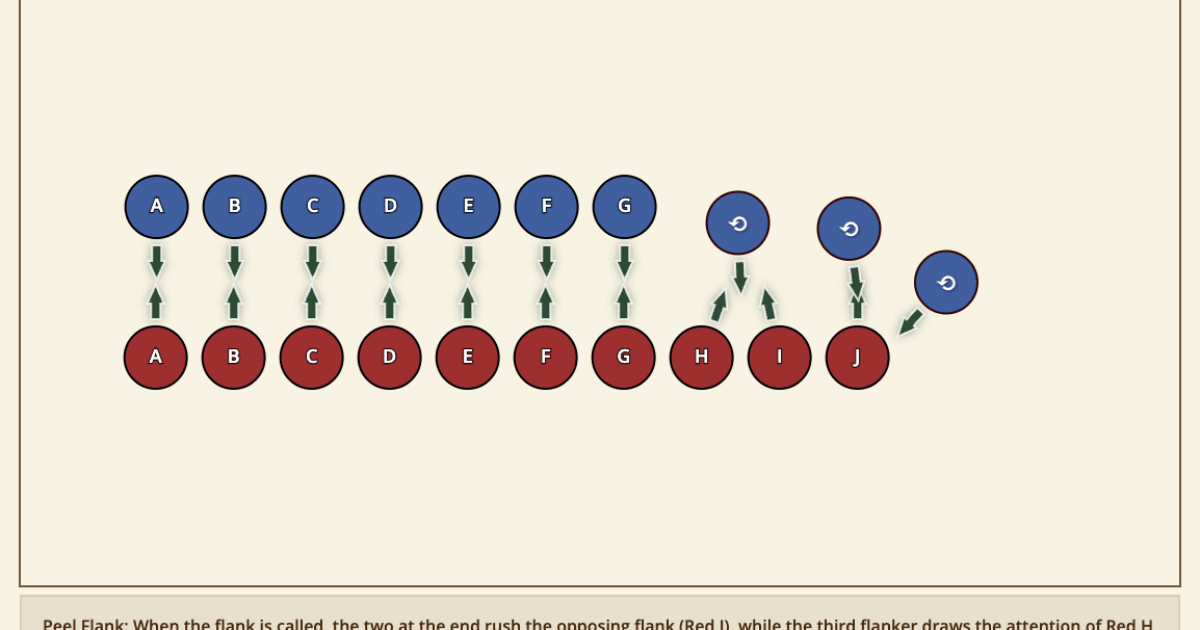This week I’ve been thinking a lot about mentality and how we process information as fencers. I’ve always found that one of the biggest struggles with fencing is mental overload. There is just so much going on at any given moment that your brain can’t keep up, which usually results in one of two ways: relying on instinct or analysis paralysis.
Relying on Instinct
Relying on instinct is anytime you just stop thinking about the fight. It’s fighting based on what you feel you should do. This is great for those with a natural warrior spirit, but overall takes the mental aspect of fencing out of the fight.
Analysis Paralysis
Analysis paralysis, on the other hand, is when you think so much that your body stops moving. It’s like a traffic jam of information. By the time your brain recognizes what’s going on and tells your body, it’s too late. Analysis paralysis is a sign that a fencer has a really great mental game, but their physicality is being stifled.
The “Sleeping Mind” or the Subconscious
It took me a long time to figure this dilemma out, but I eventually found my answer in one of my favorite books: “The Wise Man’s Fear” by Patrick Rothfuss. To make a long story short, the book proposes that each of us have a “waking mind” and a “sleeping mind”. The waking mind is what we use for all day to day thoughts, while our sleeping mind is deeper and more powerful. To me, I relate that idea to the Conscious and Subconscious mind.
Conscious Mind
Most fencing is done with the Conscious Mind. It’s here that the we all analyze and discuss fencing. When we discuss and learn about fencing, our conscious mind is taking note and tries to remember all that it can. The struggle, though, is that the Conscious Mind is finite. It can only do so much at once and will eventually get overloaded or let things slip. That’s where the Subconscious comes in.
Subconscious Mind
The Subconscious Mind is much more powerful because it processes information underneath the surface in the fraction of the time. A great example is whenever someone tells you to “Catch!” In a fraction of a second, while the object is in flight towards you, your subconscious mind calculates where you need to position your hands to catch it. Additionally, the thought process and the movement necessary is all done by the time the object actually reaches you. That’s fast!
How to Use Your Sleeping Mind
The Sleeping Mind takes the best of Relying on Instincts and Analysis Paralysis and combines them into an effective tool. The key to using your Sleeping Mind is to do all of your thinking beforehand and then allow your body to access those thoughts in the moment. By taking ideas and solidifying them before they are needed, you build mental fast tracks that become more easily accessed in the moment. Additionally by keeping your mind clear during a fight, you can keep your mental highways free of traffic and allow easy access between your waking and sleeping mind.

